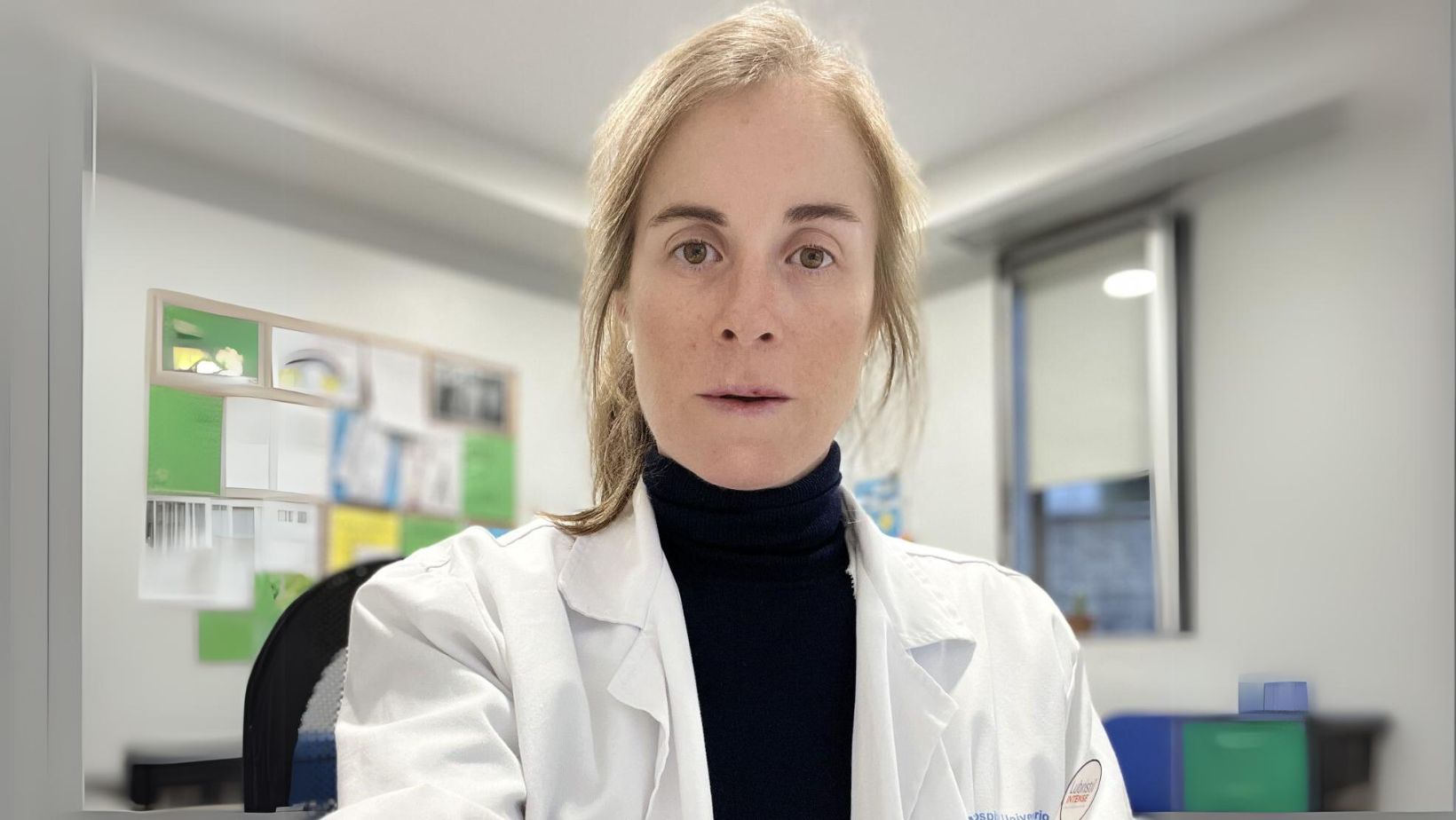
La ONCE and the University Hospital La Paz in Madrid collaborate on the research project 'Clinical Characterization of Fetal Alcohol Syndrome: Impact on Visual Function and Functional Vision', led by Dr. Natalia Arruti Vázquez, a pediatric ophthalmologist at the University Hospital La Paz and a researcher at the Research Institute of the center (IdiPAZ).
In patients diagnosed with fetal alcohol syndrome (FAS), it is assumed that all the complications they have, both ophthalmologically and systemically, are due to FAS, but it is known that these patients may suffer from other concomitant diseases.
Therefore, the main objective of this project is the search for prognostic biomarkers in patients with FAS, so that it is possible to establish criteria for a higher risk of functional impact through functional, morphological, and genetic ophthalmological tests.
According to Dr. Arruti, "in addition, we want to characterize the clinical, functional, and ophthalmological manifestations of patients with FAS in Spain. For this, we will perform a complete ophthalmological examination along with a detailed clinical history of these patients in search of pathologies and/or refractive defects associated with FAS."
The research project also includes an anatomical and functional study using optical coherence tomography, Optomap, and visual intelligence tests. Concomitant genetic effects will also be sought, and a panel of genes related to ocular pathology of genetic origin will be studied.
According to the doctor, "with all this, we aim to increase and share the knowledge of FAS and low vision."
The anonymized data will be shared with national and international institutions to promote and expand research on FAS. All this will contribute to the training of professionals involved in the follow-up of patients with this syndrome.
La ONCE, with research
La ONCE fulfills its social mission through actions that favor personal autonomy, full social inclusion, and the defense of the rights of people who are blind and with severe visual disabilities.
Among these actions, its commitment to promoting R&D in the field of blindness and visual deficiency stands out, through its collaboration in research projects related to those ophthalmological pathologies that most frequently cause total or partial blindness. Thus, its 'Research Grants in Vision' program supports and stimulates the most advanced and innovative scientific knowledge in the prevention of blindness and the development of effective therapies for those who have or may develop serious vision problems.
It is one more way of returning to society the solidary investment that thousands of citizens make every day with the purchase of the different products of social, safe, and responsible lotteries of the ONCE.









